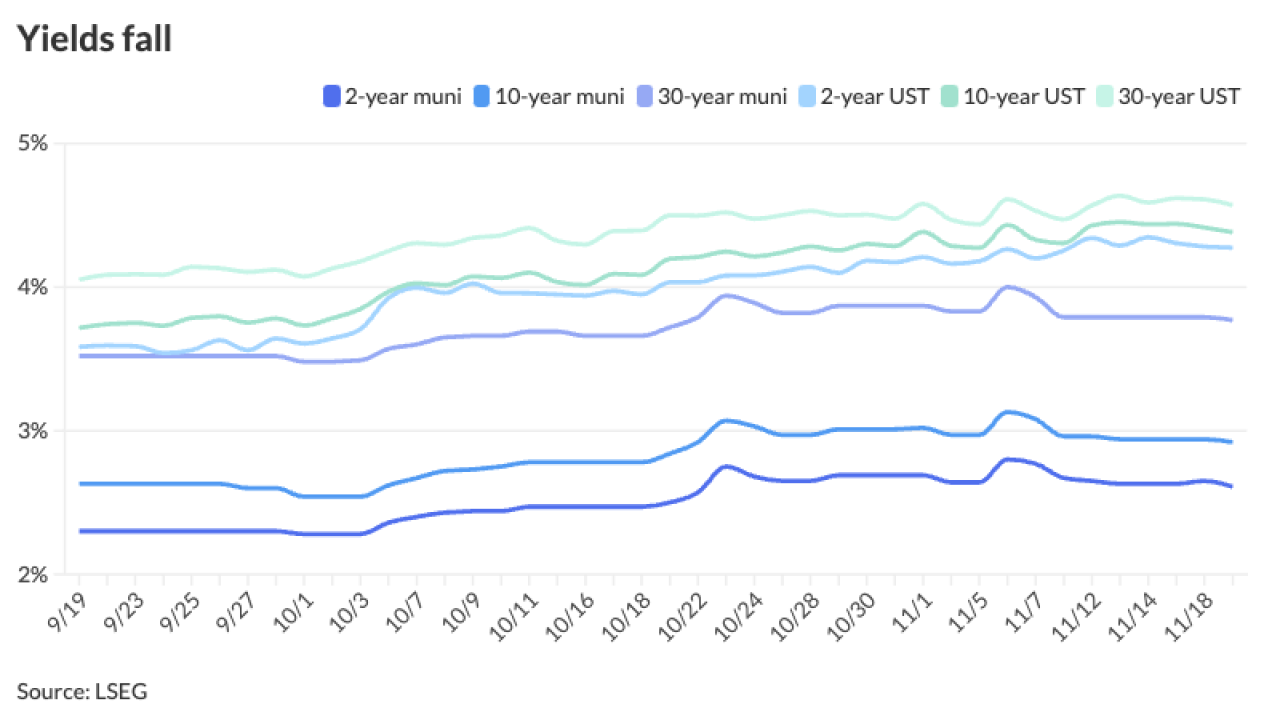WASHINGTON — Rep. John Conyers, Jr. is urging the chairman of the House Judiciary Committee to hold hearings about the increasing number of municipality filings for bankruptcy under Chapter 9 and whether cities are misusing the process to “unilaterally abrogate obligations” otherwise protected by law such as those to retirees and bondholders.
Conyers, D-Mich., made the request in a five-page letter sent to committee chairman Rep. Bob Goodlatte, R. Va, saying the hearings are “of somewhat urgent interest,” since Ingham County Circuit Court Judge Rosemarie Aquilin ruled Friday that Detroit’s bankruptcy filing is unconstitutional due to its impact on workers’ pensions. The judge ordered that the Chapter 9 petition be withdrawn.
“This represents a potentially troubling trend, which could not only have a dangerous and irreversible impact on stakeholders – including residents, workers, retirees, and bondholders – but could have a deleterious effect in Michigan and nationwide,” Conyers said. “Certainly I believe that interested stakeholders are eager to ensure that Detroit and other jurisdictions are able to get their financial houses in order, but it needs to be done in a manner consistent with our laws and principles.”
He said that while Detroit’s is the largest municipal bankruptcy filing to date, there have been a series of recent Chapter 9 filings by other local governments, including Jefferson County, Ala., San Bernardino, Calif., and Stockton, Calif.
“Although only 302 Chapter 9 cases have been filed since 1954, 25 Chapter 9 cases were filed during the two years alone,” he told Goodlatte.
Conyers wants the Judiciary Committee to look at the constitutional issues that arise from an unelected person such as an emergency financial manager starting the Chapter 9 process.
“I am not aware of another instance where an [emergency manager] has commenced a Chapter 9 filing for a municipality,” he said. “In the present case not only is there concern that Mr. [Kevyn] Orr himself was not elected, but that the entire emergency manager law was rejected by voters of the state of Michigan in the November, 2012 election.”
Conyers said he also is concerned about whether a municipality can file a Chapter 9 petition to override state constitutional pension guarantees. “The committee could consider the ramifications of this constitutional stand off and the appropriate balance between protecting states’ rights and Chapter 9 bankruptcy relief,” Conyers told Goodlatte.
The Michigan Democrat is concerned whether municipal bankruptcy filings are being made in “good faith.” And he has questions about Chapter 9 cases’ impact on the responsibilities that a state has to a municipality and on municipalities’ efforts to privatize government services.
“A broader concern pertains to the nationwide consequences and precedential implications of large municipalities using Chapter 9 to reduce or possibly eliminate their obligations owed to creditors, such as bondholders and pensions,” Conyers said in the letter, adding, “Analysts are already predicting that Detroit’s Chapter 9 filing ‘could drive up bond costs for cities statewide’ and ‘potentially the U.S. market.’”
“Certainly, these issues are of tremendous significance not only to the financial community but to all Americans who transact business with, work for, and live in municipalities across the U.S.,” he said.
The House Judiciary committee held a series of hearings about the Chapter 11 reorganization bankruptcies of General Motors in 2009, and it held a hearing about the consequences of extending Chapter 9 relief to states in 2011, Conyers said. But the committee hasn’t held a hearing exclusively about the provision since 1988, when Chapter 9 was amended.
The letter was copied to President Obama, Michigan Gov. Rick Snyder, Detroit Mayor Dave Bing and Orr.





